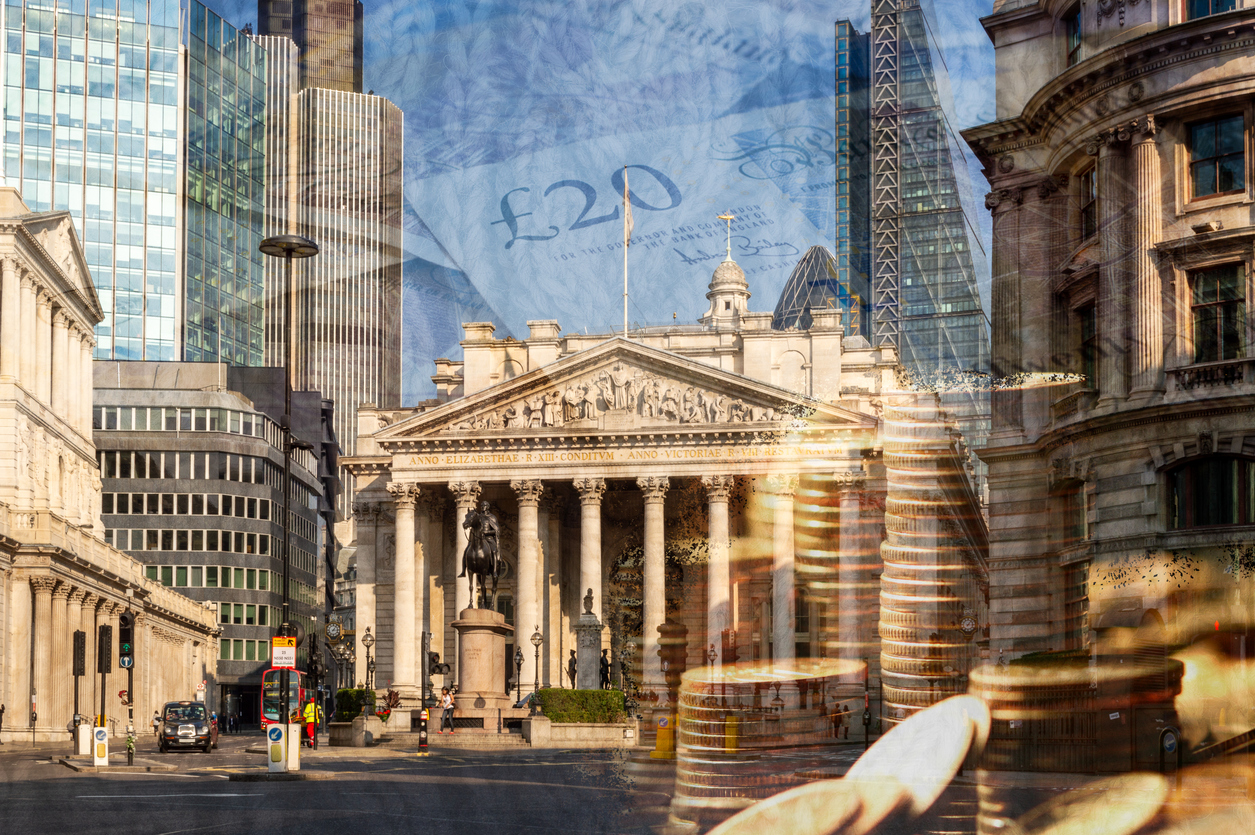Talking to various people around the county in my day to day travels, it seems that few people are swimming in cash and many are having a hard time paying all these high prices were seeing from our ongoing inflation.
Despite what I am hearing however, how is it that when I go to the super mall down the hill, the parking lot is full and people seem to be spending money like crazy. Add to that the giddy news reporters on the CNBC news channel telling me almost daily that consumer spending is robust and discretionary items like fancy sneakers, high end sportswear and other “don’t have to have” items are selling like crazy and that the economy is looking fine.
Aren’t interest rates at decade highs and the price of food and energy and everything else going through the roof?
The answer to those questions are yes. So if prices are high and interest rates are high making credit card use more costly, where and how are people getting all this money they’re spending?
I have to admit, it is perplexing to this analyst. But there are always reasons for everything. I will continue to lean into my past prognostication that massive CoVid handouts to address the worldwide shutdowns amounted to trillions of dollars, and trillions of dollars is a heck of a lot of money and goes a long way in propelling the ongoing spending we continue to see. I also continue to believe we are coming to the end of that money and the economic statistics seem to bear that out.
The unemployment rate is rising and has been for about a year in a stair step upward pattern. Meanwhile new job hires are also on the rise. The question then becomes how can the unemployment rate be rising as more and more people are being hired?
The answer to that may be that those CoVid savings are finally running out forcing people back into the workforce. Additionally inflation is making it harder for people to make ends meet, forcing them back to work, and perhaps even doubling up on jobs to pay the bills.
Whereas a spike in new hires might be taken by the FEDS that the economy is improving, it could be inflation is making life more difficult.
McDonalds, among other low income providers have reported slowing sales in recent months.
On March 13th, 2024, the fast food chain’s chief financial officer said at an investor conference, “Some lower-income Americans are rejecting McDonald’s and opting to cook at home instead”.
On March 8, 2024, Costco also reported that U.S. sales had fallen by the most in ten months.
The main stream media have been calling the economy robust and the consumer resilient for the last 18 months or so as the stock market has also rocketed higher. But this analyst thinks the news media has been premature in accessing the true condition of the American consumer based on their continued spending of those lavish CoVid handouts.
Simply put, savings are finally running out, and inflation has been relentless. It’s a double whammy that could be starting to show up in the slowdown of consumer spending. That subsequently now might bleed over to the markets.
It was only a matter of time before the irresistible force met the supposedly immovable object which was thought to be consumer spending. And now the two have collided.
Could it be what was thought to be the immovable consumer and his robust spending over the last few years is finally being forced into remission?
With savings dwindling and consumer prices still on the rise, if inflation continues to plague the economy, the FEDS will be in a box of their own making. On one hand, they will have to keep interest rates high in an attempt to harness inflation. On the other hand, as the consumer spirals further into the unaffordability trap of higher and higher prices, those very actions of the Federal Reserve to stamp out inflation will cause more hardship to that very same consumer.
The only saving grace, at least temporarily, is 2024 is an election year, and that usually means more spending by Washington to improve economic conditions. More spending however will help in 2024, but will likely make for an even bigger inflationary fire in 2025.
Unfortunately, there are no easy answers.
“Watching the markets so you don’t have to”
This article expresses the opinion of Marc Cuniberti and is not meant as investment advice, or a recommendation to buy or sell any securities, nor represents the opinion of any bank, investment firm or RIA, nor this media outlet, its staff, members or underwriters. Mr. Cuniberti holds a B.A. in Economics with honors, 1979, and California Insurance License #0L34249 His insurance agency is BAP INC. insurance services. Email: [email protected]


